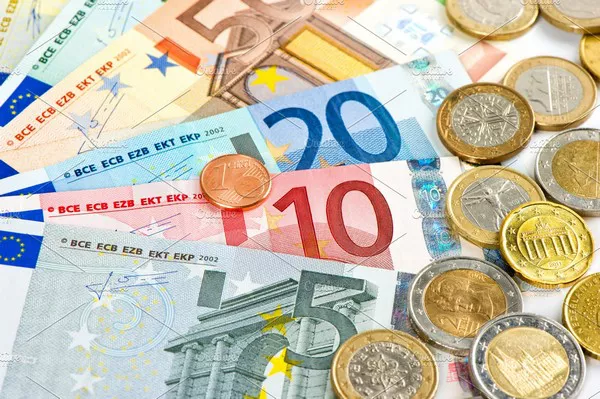The Euro, the official currency of the Eurozone, has been subject to various economic and geopolitical factors that have led to fluctuations in its value over the years. In recent times, concerns have arisen about the potential for the Euro to continue weakening. This article aims to delve into the key factors influencing the Euro’s performance and analyze whether this trend is likely to persist in the foreseeable future.
Economic Indicators
One of the primary drivers of currency strength or weakness is the economic performance of the region using that currency. In the case of the Euro, factors such as GDP growth, unemployment rates, and inflation play pivotal roles. The Eurozone has faced economic challenges, including sluggish growth and persistently high unemployment in some member countries. The ongoing impact of the COVID-19 pandemic has also added uncertainty to the economic outlook.
The European Central Bank (ECB), responsible for monetary policy in the Eurozone, has implemented various measures to stimulate economic growth, such as low-interest rates and quantitative easing. However, the effectiveness of these measures in promoting sustainable economic recovery remains a subject of debate. Continued economic uncertainties could contribute to the Euro’s weakening, especially if recovery efforts fall short of expectations.
Political Factors
Political instability can significantly impact a currency’s value, and the Eurozone has experienced its share of political challenges. Issues such as Brexit, the rise of populist movements, and disagreements among member countries on economic policies have created uncertainties. The departure of a significant member like the United Kingdom has not only weakened the political cohesion within the Eurozone but has also raised questions about the future stability of the European Union.
Additionally, concerns about the economic policies of individual member countries, particularly those with high levels of debt, could contribute to a lack of confidence in the Euro. Political developments will likely continue to be closely monitored by investors, and any signs of further instability may lead to a continued weakening of the Euro.
Global Trade Dynamics
The Euro’s value is also influenced by global trade dynamics. As one of the world’s major reserve currencies, the Euro is affected by international trade relationships and geopolitical tensions. Trade imbalances within the Eurozone and trade disputes with major partners, such as the United States or China, can impact the Euro’s value.
Moreover, the Eurozone’s dependence on exports makes it vulnerable to shifts in global demand. If the global economy experiences a slowdown or if protectionist measures increase, Eurozone economies may suffer, putting downward pressure on the Euro. The evolving nature of international trade relationships and geopolitical events will be crucial factors to watch in assessing the Euro’s future trajectory.
Monetary Policy
The European Central Bank’s monetary policy decisions play a central role in determining the Euro’s strength or weakness. The ECB’s commitment to maintaining price stability and supporting economic growth influences interest rates and money supply in the Eurozone. Persistent low-interest rates can lead to capital outflows as investors seek higher returns elsewhere, thereby contributing to the Euro’s weakening.
Furthermore, the divergence in monetary policies between the ECB and other major central banks, such as the U.S. Federal Reserve, can impact exchange rates. If the ECB maintains an accommodative stance while other central banks tighten policy, it may attract speculative flows away from the Euro. Understanding the nuances of global monetary policy dynamics is crucial in predicting the Euro’s future performance.
Pandemic Recovery and Fiscal Policy
The aftermath of the COVID-19 pandemic has introduced new challenges and opportunities for the Eurozone. The implementation of robust fiscal policies and effective vaccination campaigns can contribute to a strong economic recovery, potentially supporting the Euro. However, divergent approaches among member countries and delays in achieving widespread vaccination coverage could hinder the recovery process.
The Eurozone’s ability to coordinate fiscal policies and address economic disparities among member countries will be essential in determining the currency’s resilience. Investors will closely monitor the effectiveness of stimulus measures and the overall economic response to the pandemic, as these factors will shape perceptions of the Euro’s future stability.
See Also Will the Euro Ever Regain Its Strength?
Conclusion
The future trajectory of the Euro remains uncertain, and multiple factors will influence its strength or weakness in the coming years. Economic indicators, political stability, global trade dynamics, monetary policy, and pandemic recovery efforts all contribute to the complex landscape that shapes currency valuations.
While challenges persist, the Eurozone has the potential to overcome obstacles and strengthen its economic and political foundations. Close monitoring of key indicators and proactive policy measures can contribute to a more robust and resilient Euro. However, the ongoing uncertainties in the global economic landscape emphasize the importance of staying vigilant and adapting to evolving conditions in order to navigate the complexities of the currency markets.


